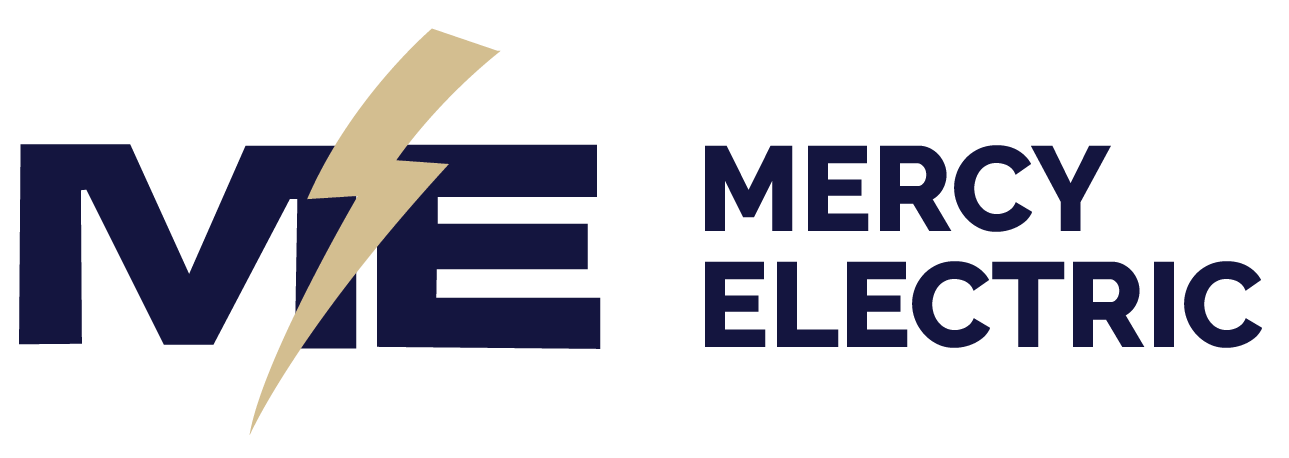Power Up Your Safety: An Essential Guide to Electrical Safety in San Francisco
Are you a San Francisco resident looking to keep your home or business safe from potential electrical hazards? Or perhaps you’re an electrician seeking to ensure compliance with the latest safety codes and best practices? Electrical safety is a crucial aspect that should never be overlooked, as it can mean the difference between preventing accidents and facing devastating consequences. In this comprehensive guide, we’ll dive deep into the world of electrical safety, exploring essential tips, requirements, and resources to help you navigate the complexities of electricity with confidence.
Why Electrical Safety Matters: Understanding the Risks
Electricity is an invisible force that powers our modern lives, but it also poses significant risks if not handled properly. Faulty electrical systems, outdated wiring, and improper usage can lead to fires, shocks, and even fatal accidents. In San Francisco alone, the fire department responds to hundreds of electrical-related emergencies every year, highlighting the importance of prioritizing electrical safety in both residential and commercial settings.
San Francisco’s Commitment to Electrical Safety
As a city dedicated to protecting its residents and businesses, San Francisco has enacted stringent electrical safety regulations and guidelines. The San Francisco Electrical Code, based on the National Electrical Code (NEC), sets the standards for electrical installations and practices within the city limits. Additionally, the San Francisco Fire Department (SFFD) plays a vital role in promoting fire safety, including electrical fire prevention and response.
Contact Us Today About Your Project
Contact NowEssential Electrical Safety Tips for Residents
Whether you’re a homeowner, renter, or business owner in San Francisco, it’s crucial to understand and implement basic electrical safety practices. Here are some essential tips to keep in mind:
1. Regularly inspect electrical systems: Hire a licensed electrician to conduct periodic inspections of your electrical systems, including wiring, outlets, and panel boxes. This can help identify potential issues before they escalate into hazards.
2. Replace outdated equipment: If your electrical system or appliances are outdated or showing signs of wear, it’s time to replace them. Faulty or aging equipment can pose a significant fire risk and should be addressed promptly.
3. Practice proper usage: Avoid overloading circuits, using damaged extension cords, or attempting DIY electrical work without the necessary expertise. These practices can lead to electrical fires, shocks, and other accidents.
4. Maintain clearance around electrical equipment: Keep the area around electrical panels, outlets, and appliances clear of combustible materials to minimize the risk of fire in the event of an electrical malfunction.
5. Install smoke detectors and carbon monoxide alarms: These devices can provide early warning signs of electrical fires or malfunctions, giving you time to evacuate and call for help.
Text Us Now For A Quote
Get Your QuoteElectrical Safety for Electricians and Contractors
As an electrician or contractor in San Francisco, you play a crucial role in ensuring the safety of electrical installations and systems. Here are some key aspects to consider:
1. Licensing and certification: To legally perform electrical work in San Francisco, you must obtain the necessary licenses and certifications from the California Contractors State License Board and the San Francisco Department of Building Inspection.
2. Code compliance: Stay up-to-date with the latest electrical codes and regulations, including the San Francisco Electrical Code and the National Electrical Code (NEC). Ensure that all electrical installations and modifications comply with these standards.
3. Safety training and practices: Provide regular safety training for your employees, emphasizing the importance of personal protective equipment (PPE), lockout/tagout procedures, and other best practices for working with electricity.
4. Documentation and record-keeping: Maintain accurate documentation of electrical work, including permits, inspections, and as-built drawings. This documentation can be essential for future maintenance, repairs, or compliance audits.
Power Outages and Electrical Emergencies
Power outages and electrical emergencies can occur unexpectedly, posing potential risks to both safety and property. It’s essential to be prepared and know how to respond appropriately. Here are some crucial steps to take:
1. Stay away from downed power lines: If you encounter downed power lines, stay at least 20 feet away and immediately call 911 and PG&E to report the situation. Downed lines can carry high-voltage electricity and pose a severe electrocution risk.
2. Turn off power during emergencies: If an electrical emergency occurs within your home or business, turn off the power at the main circuit breaker or disconnect switch. This can help prevent further damage or risk of fire.
3. Call for professional help: Never attempt to repair or modify electrical systems during an emergency. Always call a licensed and experienced electrician to handle the situation safely and efficiently.
4. Evacuate if necessary: In the event of a fire or electrical hazard that poses an immediate threat, evacuate the premises immediately and call 911 for assistance.
Contact Us Today About Your Project
Contact NowSan Francisco Fire Department Resources
The San Francisco Fire Department (SFFD) offers a wealth of resources to help residents, businesses, and professionals stay informed and prepared when it comes to electrical and fire safety. Here are some valuable resources to explore:
1. SF Fire Website: The SFFD’s official website (sf-fire.org) provides a wide range of safety information, including electrical safety tips, emergency preparedness guides, and fire prevention resources.
2. Community Outreach Programs: The SFFD conducts various community outreach programs, offering educational workshops, presentations, and fire safety demonstrations to help raise awareness and promote best practices.
3. Fire Code Compliance Assistance: The SFFD’s Fire Prevention Division can assist with understanding and complying with the San Francisco Fire Code, which includes regulations related to electrical installations and fire safety systems.
Staying Informed and Up-to-Date
Electrical safety is an ever-evolving field, with new technologies, regulations, and best practices constantly emerging. To ensure you’re staying informed and up-to-date, consider the following:
1. Attend industry events and training: Participate in seminars, workshops, and training sessions offered by professional organizations, manufacturers, and industry experts to learn about the latest advancements and best practices in electrical safety.
2. Subscribe to relevant publications: Stay informed by subscribing to industry publications, newsletters, and online resources that cover electrical safety topics, code updates, and industry trends.
3. Collaborate with professionals: Network with other electricians, contractors, and safety professionals in San Francisco to share knowledge, experiences, and best practices in electrical safety.
In summary, electrical safety is a critical aspect that should never be overlooked, whether you’re a resident, business owner, electrician, or contractor in San Francisco. By understanding the risks, following essential safety tips, complying with codes and regulations, and staying informed, you can minimize the potential for accidents, fires, and property damage. Remember, electrical safety is an ongoing commitment, and even the smallest precautions can make a significant difference in protecting yourself, your loved ones, and your community.
Key takeaways: Electrical Safety Tips For San Francisco Residents
– Understand the risks associated with electricity and prioritize electrical safety.
– Follow San Francisco’s electrical codes and regulations for installations and modifications.
– Implement essential electrical safety tips in residential and commercial settings.
– Electricians and contractors must obtain proper licensing, certification, and safety training.
– Stay prepared for power outages and electrical emergencies by knowing the appropriate steps to take.
– Utilize resources from the San Francisco Fire Department for safety information and compliance assistance.
– Stay informed and up-to-date on the latest electrical safety practices, technologies, and regulations.
Text Us Now For A Quote
Get Your QuoteDon’t let electrical hazards compromise your safety or the safety of those around you. Take action today and make electrical safety a top priority in your home, business, or professional work. Contact us if you need assistance from licensed and experienced electricians in San Francisco.
FAQs
Q: Why is electrical safety important for San Francisco residents?
A: Electrical safety is crucial to prevent property damage, injuries, and even fatalities. Ensuring electrical safety also helps comply with national and local regulations.
Q: How often should I have an electrical inspection in my residence?
A: It is recommended to have a professional electrical inspection at least once every five years to detect any potential issues and ensure compliance with safety standards.
Q: What should I do if I experience an electrical emergency in my home?
A: In case of an electrical emergency, such as sparks, smoke, or a fire, immediately exit the premises and call 9-1-1 for assistance.
Q: Is it necessary to hire an electrical contractor for electrical repairs?
A: Yes, it is essential to hire a licensed electrical contractor for any electrical repairs or installations to ensure the work is done safely and in compliance with regulations.
Q: What is the significance of electrical certification for San Francisco residents?
A: Electrical certification ensures that all electrical work in a dwelling unit is done according to the required standards and regulations, reducing the risk of accidents and maintaining safety.
Q: How can I prevent electrical hazards in my home?
A: To prevent electrical hazards, ensure regular inspections of electrical systems, use electrical devices properly, and promptly address any issues or malfunctions.

